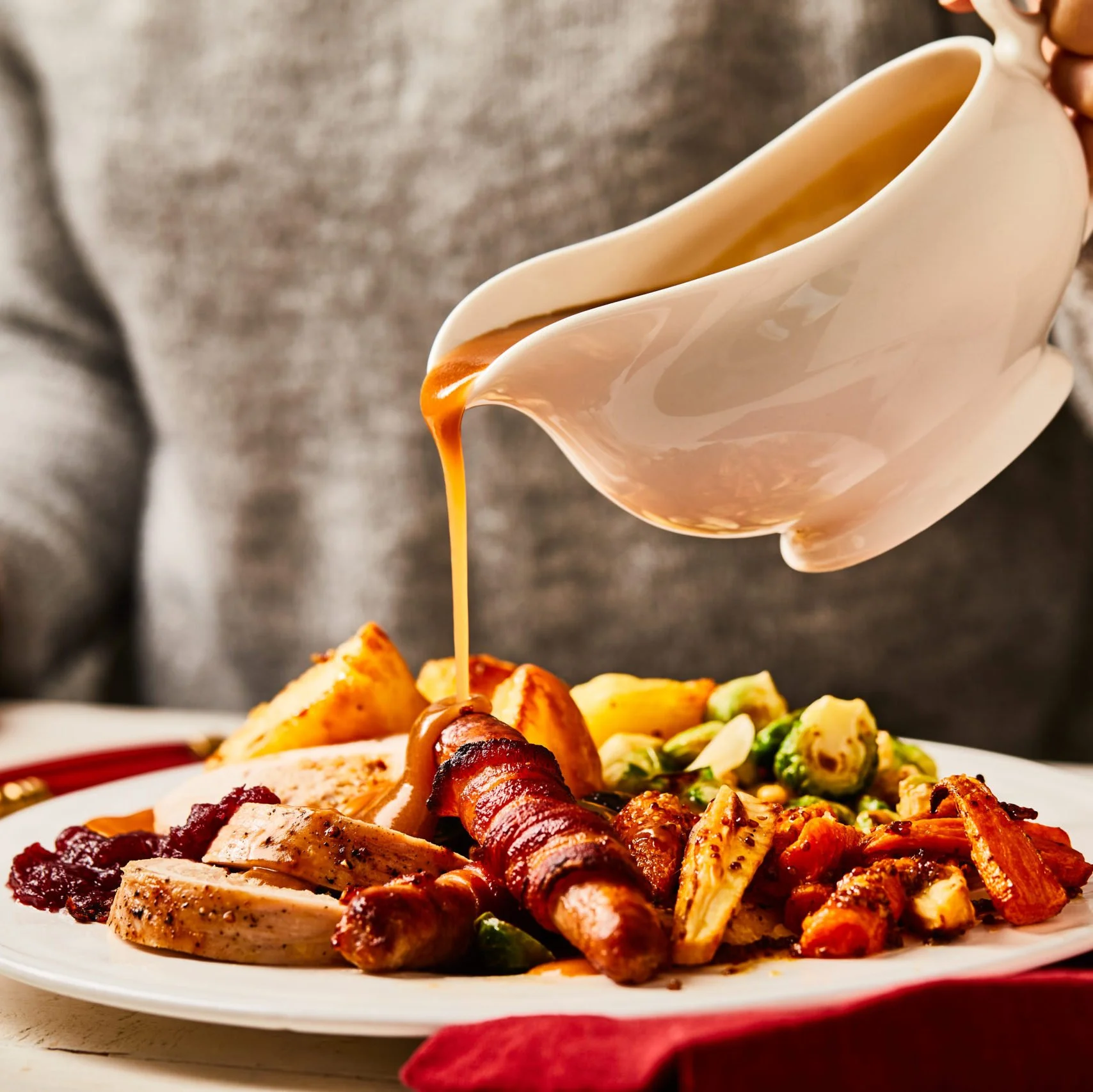Why we all need Food Freedom & how to recognise it
The term ‘food freedom’ is becoming more widely used in the nutrition and wellbeing sphere, but it is often misunderstood. In this blog, I explore what the concept really means and how to recognise it.
The reality is we all need to eat on a daily basis for our survival - and, ideally to enjoy life. So food freedom is never about ‘escaping’ from food and eating. It also doesn’t mean eating without any thought, structure or care.
In essence, it is about having a flexible, peaceful relationship with food and your body. It is about eating in a way that generally supports your physical needs, emotional wellbeing and personal values, allowing food to take up less space in your mind and day, and leaving you with more energy and capacity for living.
Importantly, food freedom looks different for different people.
What might food freedom look like for you?
Freedom from exhausting food thoughts
If your food or body thoughts feel very loud, critical or are constant - leaving you feeling anxious, guilty or confused about what or how to eat - the mental load and effort this takes can be deeply draining.
For many people, this internal pressure leads to cycles of restriction and overeating, emotional eating, bingeing or rigid “healthy” regimes that are hard to sustain.
In this context, finding food freedom may be about loosening the grip of these thoughts, softening self-criticism, and gradually stepping out of the patterns that keep food feeling charged or all-consuming.
Freedom from physical struggle and imbalances
For some, food freedom may be linked to physical wellbeing. Digestive discomfort, fatigue, hormonal symptoms or chronic conditions can make eating feel confusing or stressful - especially if the way the body responds to food no longer feels predictable or trustworthy.
In these cases, food freedom may involve gently exploring nutrition and lifestyle support that helps the body feel more stable and better resourced (perhaps in some cases providing freedom from avoidable symptoms), while building confidence in how to nourish yourself for your own needs.
Food freedom won’t come from a constant drive to fix or control your body though - but it can be about learning to listen better to the body and respond with care.
How to recognise food freedom
The special thing about food freedom is that isn’t something you achieve through following restrictive diet rules or even striving to make your diet healthier. It tends to emerge as your relationship with food, your body - and yourself, becomes more connected and supportive. It’s about the life you gain when drop the struggle with food and your body.
Here are some potentially revealing questions to reflect on - simply as a way to notice where you are right now:
How much mental space does food and body concern take up for you day to day?
When stress or difficult emotions arise do you have options beyond using food - even some of the time?
How safe does your body feel to you? Do the signals it gives you about it needs accessible, confusing or overwhelming?
Is there room for more compassion, kindness and flexibility in how you eat, move and care for yourself?
Does your approach to nourishment feel supportive, or effortful and pressured?
Are rest, recovery and sleep treated as essential or optional?
Do you feel a sense of connection - to yourself, to others or to something larger than daily demands?
If these feel difficult to answer, you are not alone. Finding more food freedom is attainable - and it often starts with support and a space to explore what’s really going on, without pressure or judgement.
Take a nourishing step forward today
Are worries about food, weight, or overeating draining your time, energy and peace of mind? Are you struggling with low mood, food cravings, gut health or digestion challenges?
Old mindsets and habits can be hard to shift on your own. If you are looking to reset your eating patterns, make peace with your body, and reclaim your energy, I can help you.
Please check out my private programmes here, or contact me for an exploratory chat to find out more.







